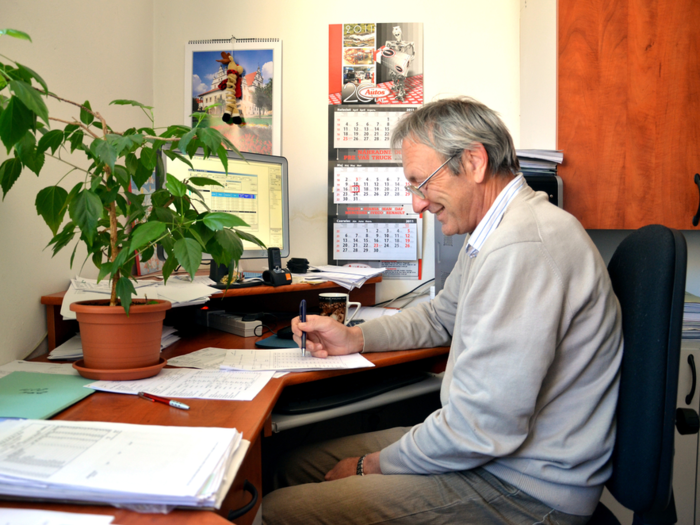Amabile's team identified four stages of retirement.
In their research, Amabile's team identified four stages of retirement: Deciding to retire, detaching from work, building a new life structure, and consolidating that life structure.
Once that initial decision is made, says Amabile, detaching from work can be difficult. Some people Amabile interviewed had no trouble putting their jobs behind them, but most struggled, especially people who strongly identified with their professions.
Then there's having no schedule. While most retirees said their favorite part of retirement was not having to wake up to an alarm clock, they also said that lack of routine quickly becomes old.
"That's disorienting — when every day feels like Saturday," Amabile said.
A healthy retirement requires bridging your work and personal lives.
Work plays a huge role in how people experience meaning and a sense of themselves.
So retirement, Amabile finds, requires what she calls "identity bridging," or finding a way to bring your work life into your retired life.
For some retirees, that means taking up a hobby or volunteering. Those commitments, however, can be daunting.
"People are reluctant to make a volunteer commitment that requires them to be at a certain place at a certain time," Amabile said. "People who were looking forward to spending a lot of time taking care of grandchildren suddenly realize, 'Oh, it feels a little bit like a job.'"
Other retirees find meaning in these activities, and some are even able to keep working part-time. One of Amabile's study participants was an engineer who loved his job. After he retired, he volunteered on a local building committee for a new high school that was to be built.
"They find ways to engage themselves, after they retire, that will allow them to live out important parts of that work identity," Amabile said.
Amabile also noted that we're living longer than ever, which means we can keep working if we choose. "If you retire when you're 60, 65, you can look forward to 20 years of pretty vital life still. And there are a lot of people who don't want to retire."


